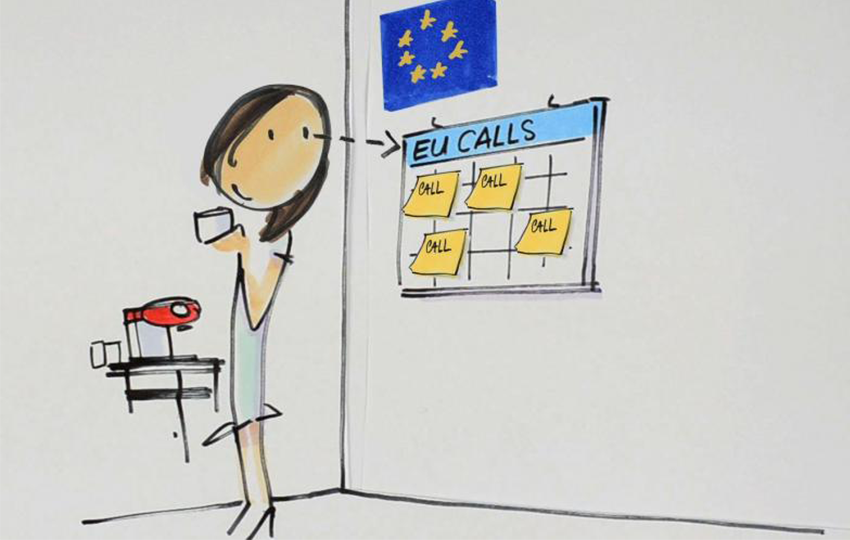What is it about?
The consequences of digitization and of the implementation of the Digital Single Market on cultural diversity, on access to culture and on the creation of cultural value need to be better monitored and understood, also through joint efforts by researchers, practitioners and policy-makers. Beyond the issue of portability of cultural content, coping strategies related to legislation on intellectual property rights (IPR) and copyright at European and national levels are at the heart of current creative practices and business opportunities in the cultural and creative sectors and, as such, deserve in-depth scrutiny. Innovative solutions for measuring the impact of digitization and of the digital market on culture are also needed. In addition, an important knowledge gap exists when it comes to the adaptive or alternative strategies of different cultural institutions and of various creative and artistic communities.
Scope:
Proposals should assess the impact of digitization on access to European cultural goods and services. Proposals should also consider whether increasing digitization of cultural works may have contributed towards the democratization of cultural creativity and influenced the formation of social identities in the EU, and whether IPR and copyright may have helped or hindered this process.
They should provide a comparative cross-national mapping of differences in the governance and implementation of processes for IPR and copyright harmonization and for the improvement of digital access to culture. With the aim to provide contextualized new evidence, proposals should deploy participatory research approaches targeted to specific creative and cultural sectors, interest groups, and creative and artistic communities and networks.
They should also develop innovative solutions to address practices and bottlenecks jeopardizing IPR and copyright protection on the one hand and erecting barriers for creative practices or culture-based business or employment opportunities on the other hand. Copyright and IPR protection and pricing policies should be assessed with a view to maximizing access and stimulating creativity, creative (re)use and production. Proposals should evaluate the importance of the Digital Single Market for the for-profit, non-profit and mixed cultural and creative activities in Europe.
Expected Impact:
By providing qualitative and quantitative analysis and by proposing solutions, business models and policy recommendations, the action will contribute to a better understanding of regulation and fairer accessibility of digitized cultural goods and services. It will also advise on appropriate levels of harmonization of copyright and IPR, thereby contributing to the development and deepening of the Digital Single Market.
Deadline: 14 March 2019
In the same framework, iED has already implemented several innovative projects which included innovative practices. If you are interested in applying for this call you could contact us and further discuss the available options.

